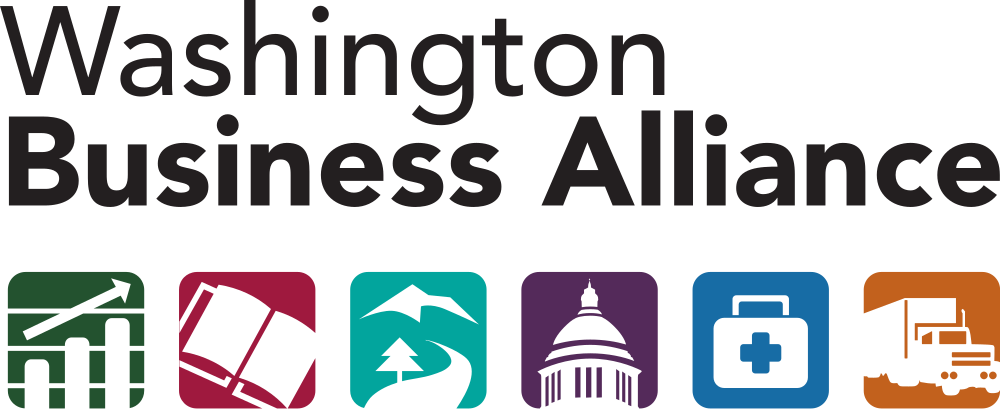by Matt Rosenberg on April 21, 2014
To succeed in the new century, U.S. metro regions including Seattle and 10 others in Washington must continue to build companies in advanced manufacturing, pharmaceuticals, medical equipment, aerospace, software, computer systems design and telecom – as an old economic model driven by consumption and debt gives way to a new one more fueled by exports and foreign direct investment.
This to a gathering of state business leaders recently from Bruce Katz, Vice-President and Director of the Metropolitan Policy Program of the Brookings Institution at a Seattle symposium.
Katz said Seattle-Bellevue-Tacoma, Clark County, Wash.-Portland, Olympia, Tri-Cities, Bremerton-Silverdale, Yakima, Bellingham, Mount Vernon-Anacortes, Wenatchee, Longview and Clarkston, Wash.-Lewiston, Idaho must continue to develop not only as logistical hubs but also as hubs for employment in advanced industries with growing ties to emerging metro regions outside the U.S.
As a result in Washington – as in other U.S. states – Katz said, there will need to be growing emphasis on improving the extent and rate of educational attainment among growing minority populations, particularly Hispanics and African-Americans, and on leadership to fund badly needed infrastructure improvements. Also pressing will be the challenge of sustainably managing energy usage, air pollution and waste disposal as the global, U.S. and Washington populations further concentrate in urban regions, Katz said.
Metro regions can’t rest on their laurels, they have to “act with agency,” Katz said, in three ways:
- Catalyze trade and investment, while figuring out how to collaborate regionally in order to compete globally
- Invest in human capital through education and workforce development; and invest significantly in maintaining and expanding transportation infrastructure
- Move out of comfort zones, to network globally and build trans-oceanic economic ties
The Metrics Explorer data warehouse of our parent organization the Washington Business Alliance (WaBA) sheds some light on related aspects of Washington’s performance.
The state is seventh of 50 in foreign exports not including aerospace equipment; and the ports of Seattle and Tacoma are respectively 23rd and 27th out of 50 major U.S. ports in annual value of incoming and outgoing cargo shipments.
Washington is 22nd out of 50 states with a B- grade in quality of K-12 education system; while 57 percent of entering students at state community and technical colleges have to take remedial courses. The state is 30th of 50 in college-going rate.
Washington gets low grades from the American Society of Civil Engineers on condition of its roads, bridges and transit and freight rail system.
WaBA’s strategic plan for the state PLAN Washington details key performance goals for 2025 in six policy areas including economic development, education, environment and transportation, and articulates initial strategies toward achieving those goals.
RELATED:
